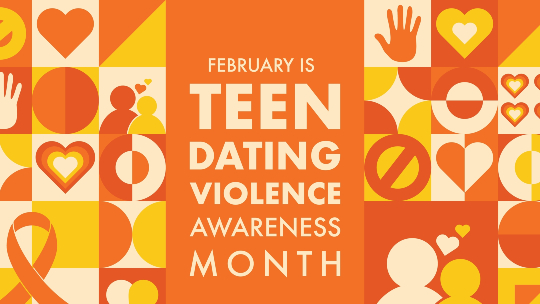Your sister took one because she’s filling in your family tree. Your friend took one to find out if he’s at risk for Alzheimer’s. And your mom took one because she got it as a gift. The popularity of at-home DNA tests has exploded in the past few years. But are they all they’re cracked up to be? Certified genetic counselor Lila Aiyar explains what works, what doesn’t, and when to see a genetic counselor.
What can an at-home DNA test tell me?
Many people take at-home DNA tests out of curiosity and Aiyar says that they can deliver on that front. You probably know someone who’s connected with a previously unknown relative or learned that they’re predisposed to a medical condition. “Learning about your ancestry can be interesting and learning about certain health markers or potential risks can can hopefully motivate some people to make changes in their lifestyle and habits,” says Aiyar.
What can’t it tell me?
At-home DNA tests have limitations. To determine ethnicity, your DNA is compared to that of others in areas around the globe. Most current samples come from people with European ancestry, which makes the database more robust for those customers than for people descended from Asian or African countries. As companies receive more diverse samples, ethnicity estimates can change dramatically. Aiyar says geneticists don’t have 100% certainty about every ethnicity DNA marker, so results shouldn’t be regarded as definitive.

Look out for too-good-to-be-true claims like information about athletic ability, metabolism, and diet recommendations. “These tests aren’t yet likely to be completely accurate,” says Aiyar. “We don't know enough about all of these variations in DNA to be able to make a real determination with high confidence about what diet is best for someone based on their genome or what their potential athletic ability is. There are so many environmental factors that play a big role in these traits.”
Is it private?
You may be surprised to find out that federal medical privacy laws don’t cover at-home DNA tests. There also aren’t any limitations to how the companies that make these tests can share your data under some circumstances. The larger manufacturers share information with researchers, the FBI, and most recently, drug companies.
“Genetic data is never truly anonymous. It’s specific to an individual and can potentially be linked to you in the future,” says Aiyar. “Before proceeding with at-home DNA testing, everyone should consider whether they’re comfortable with a private company having this information about them for the rest of time.”
Who shouldn’t get an at-home DNA test?
At-home tests often go on sale around the holidays but resist the urge to buy one as a gift. Aiyar says at-home DNA testing can uncover serious family secrets, different paternity, and other surprises that cause trauma. These possibilities must be considered carefully before testing.

The same goes for parents buying tests for their children. “Your genetic data is your own and everyone should be able to decide for themselves who they want to share this information with when they’re an adult,” says Aiyar. “This is a core principle of genetics health care — you have the right to know and the right to not know.”
When should I see a genetic counselor?
Aiyar says family history is a vital factor in determining your health risks. Home DNA tests can report both false positives and negatives without this information. “If a person is truly concerned about their own medical issues, family history of disease, or whether they’re at risk to have a child with certain conditions, these at-home tests are not always going to be able to provide complete and accurate information,” says Aiyar. “Seeing a genetic counselor and geneticist about specific health concerns is always best."
A certified genetic counselor can look at the entire picture of your medical and family history to help determine what, if any, genetic tests can provide the most accurate information. They can also help you understand the benefits and limitations of available testing and assist in making an informed decisicion about whether testing is the right decision for you.




